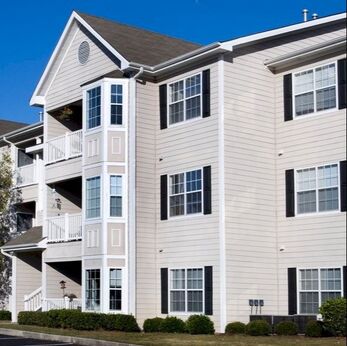Improving Multi-Dwelling Unit Internet Protection Through the Tactical Deployment of VPNs
Improving Multi-Dwelling Unit Internet Protection Through the Tactical Deployment of VPNs
Blog Article

Within today’s digital world, guaranteeing the safety of online connections is crucial, particularly in Multi-Unit Units (MDUs) like flat buildings and condo . Residents in these shared environments often link to the identical network, which can make them susceptible to online dangers. One effective way to enhance online safety in MDUs is through the strategic implementation of Virtualized Secure Networks (VPNs). VPNs create a secure link over the web, allowing users to protect their private data and preserve privacy while browsing.
A VPN works by encrypting the information that transmits between a user’s device and the internet. This implies that even if someone attempts to capture the data, they will not be able to read it. For residents in MDUs, employing a VPN can significantly diminish the threat of information leaks and unauthorized access to personal information. By coding their online data flow, individuals can navigate the internet, watch content, and interact online without worrying about hackers or other malicious entities. This extra level of protection is particularly important in environments where many people share the identical online link.
Alongside protecting personal data, VPNs can also help residents access content that may be limited in their area. Many broadcasting platforms and sites limit access based on location-based area. By employing a VPN, individuals can link to nodes in various nations, enabling them to overcome these barriers and access a broader variety of internet content. This feature can be particularly appealing to residents who want to access international news, entertainment, or educational resources that may not be available in their area.
Implementing VPNs in MDUs can also foster a sense of togetherness and trust among tenants. When all in a complex employs a VPN, it establishes a more protected setting for exchanging data and assets. Inhabitants can feel more at ease using shared connections for activities like online banking or shopping, knowing that their data is protected. Additionally, property managers can encourage the adoption of VPNs as part of their comprehensive safety plan, aiding to establish that site a safer living environment for everyone.
In, the tactical implementation of VPNs in Multi-Dwelling Units is an effective way to improve online security for residents. By coding information, providing entry to limited content, and fostering a feeling of community, VPNs offer multiple benefits that can enhance the digital experience for all. As online threats persist to evolve, it is essential for residents and property administrators to prioritize internet safety and consider the advantages that VPNs can offer. Embracing this technology can result to a safer, more integrated residential environment for everyone.